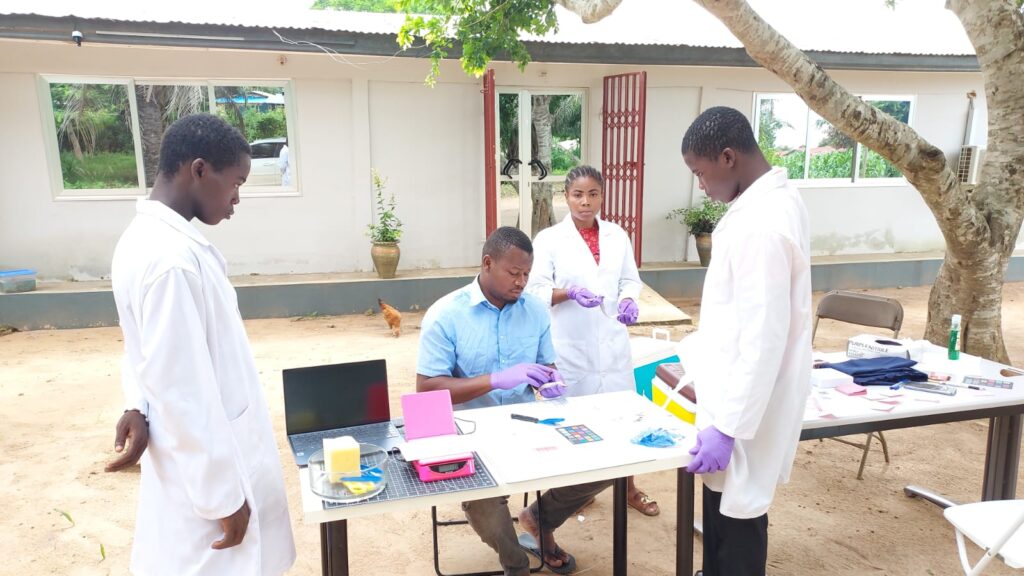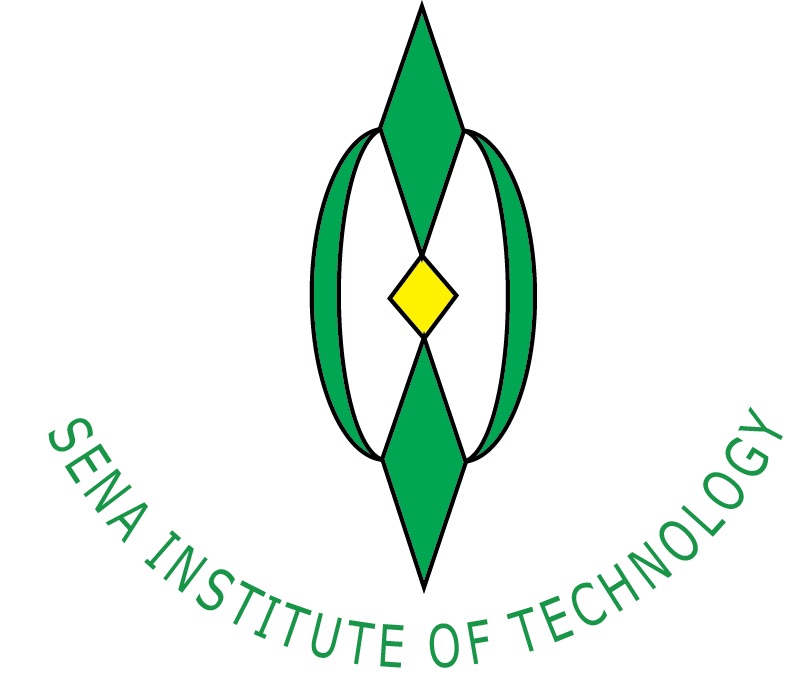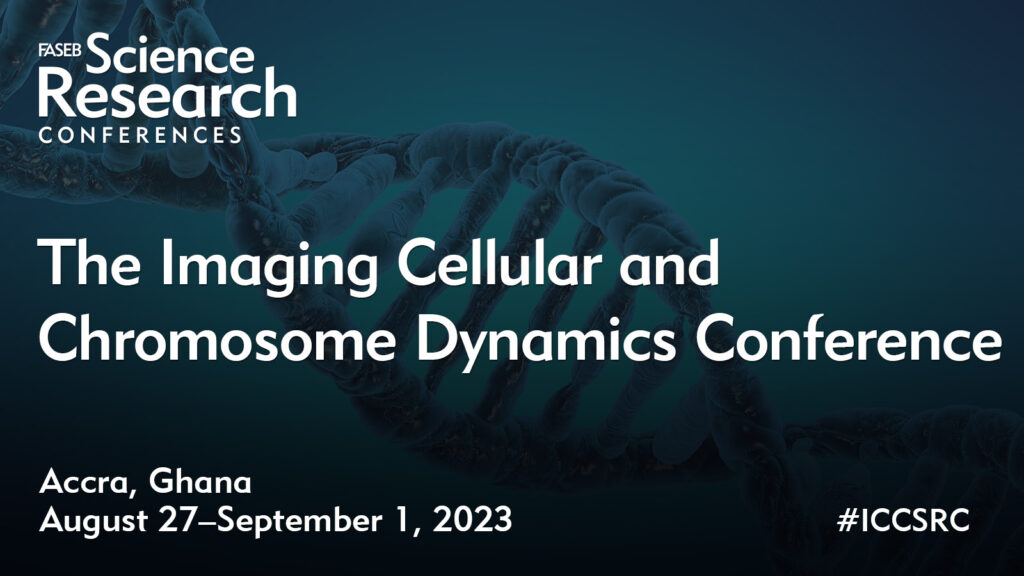PROGRAMS


IMPACT

COMMUNITY OUTREACH
As an emerging economy, Ghana needs youth enthusiastic about STEM programs. The future scientists will be the ones who will uncover innovations that will help develop Ghana’s economy. Through hands-on workshops and experiential learning programs, the SIT will cultivate the next generation of African scientists. We train high schools, undergraduate and postgraduate students and provide the environment for less fortunate institutions conduct research out our institute and to make science accessible to students at an early age.
In picture: High school students evaluating soil nutrient levels of farms across the Penyi- Dzodze area.

TRAINING PROGRAMS
Young students are the future of scientific discovery in Africa, so SIT invests in their development by running hands-on, experiential learning workshops for high school, college, and graduate students. At SIT’s Junior Training Program for high school students, SIT runs workshops on plant field research, microscopy, molecular biology, and the drug discovery process. At SIT’s Advanced Training program, SIT supports college and graduate students’ original dissertation projects. Lastly, SIT offers international internship opportunities for students studying outside of Ghana. By cultivating the talent of the next generation of biologists, SIT helps foster the development of Ghana as a scientific research hub for the future.
In picture: SIT training award program highlighted in the front page of the Education section of the national Daily Graphic.

PRESERVING BIODIVERSITY
Field research where we are documenting plants, insects and marine organisms for conservation working with local taxonomists and fishermen to identify both scientific names and local Ewe names for the organisms they collect. African plants, insects and marine specimens are under-represented in global repositories, so the collection of these specimens and data is particularly exciting. Through genome sequencing, gene editing, and cell line generation, SIT is developing climate adaptable plants that can withstand drought.
SIT maintains 4 repositories for biological research. These include the Sena Digital Plant Herbarium, which documents over 300 plant species; the Sena Food Recipe Repository, which documents over 500 food recipes in Ghana; the Sena Aquatic Life Conservation database, which documents about 100 marine species; and the Sena insect repository. By maintaining these databases, the SIT is able to facilitate ecological research, as well as both environmental and cultural conservation efforts.

SUB-SAHARAN AFRICAN GENOME REPOSITORY
For many scientists in Sub-Saharan Africa, getting access to biomolecular materials is a large hurdle to research. The Sena Institute of Technology (SIT) runs a repository of molecular biology strains – plasmids, bacterial strains, yeast strains, plant cell lines, and more – to make access to research materials faster and more affordable. This repository, also known as the Sub-Saharan African Genome Repository (SSAGR), acts as an accelerant to biological research across the subcontinent.

TRANSLATIONAL RESEARCH
Fibroids research
The Sena Institute of Technology has received its first Institutional Review Board (IRB) approval from the Ghana Health Services Ethics Review Committee to study the molecular genetics of fibroid among Ghanaian women.
Drug discovery
To facilitate the discovery of novel therapeutic drugs, SIT maintains a database of over 300 plant species. SIT is currently developing a range of drug screening assays, which will help identify new medicinal compounds.

CONFERENCES AND SEMINARS
Scientists in developing countries have limited access to cutting-edge research data. This is because third world scientists have limited access to print and electronic publications, conferences, and seminars. SIT runs a wide array of conferences, seminars, and workshops to increase African scientists’ exposure to each other’s findings, and that of first world peers. Conferences and seminars are one of the powerful means to strengthen biomedical research. In partnership with the Federation of American Societies for Experimental Biology, Sena Institute of Technology is organizing conferences, workshops and seminars to make these programs accessible to researchers across the continent.
In picture: FASEB conference rescheduled for August 27 – September 1, 2023.

INFRASTRUCTURE DEVELOPMENT
Sena Institute of Technology Foundation support and provide resources to institutions in Ghana and across the continent. Through this effort we can eliminate the issue of resources as barriers to the scientific process.

At SIT, our mission is to facilitate the United Nations Sustainability Development goals, African Union Development Agency’s mission and strengthen global partnerships to foster economic and scientific development of Ghana and across Africa.








